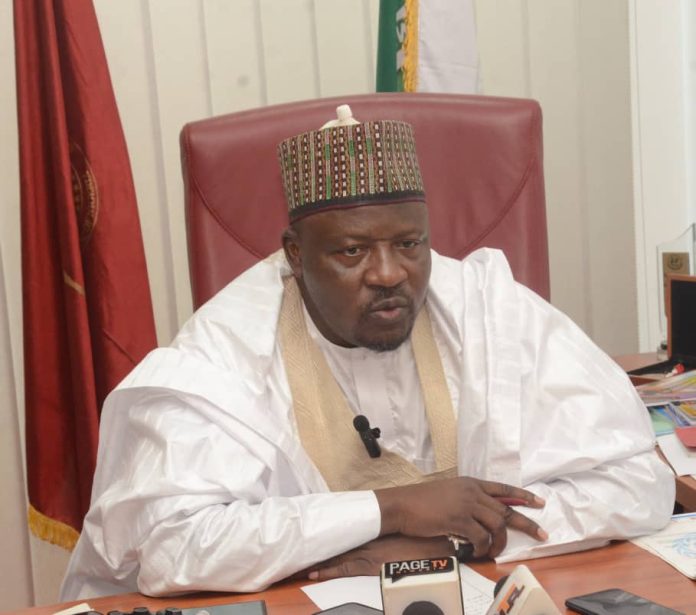independent candidacy bill scales First Reading at House of Rep

A Bill that permits Independent candidates to participate in elections without being affiliated with a political party successfully has passed its first reading in the House of Representatives.
This Bill aims to amend the 1999 Constitution to enable individuals to run for elections independently, without the need for party sponsorship.
Titled “A Bill for an Act to Modify the Provisions of the Constitution of the Federal Republic of Nigeria, 1999 (as amended) to Allow for the Participation of Candidates Who Are Not Endorsed by Political Parties in the Presidential, Governorship, National Assembly, State Houses of Assembly and Local Government Council Elections,” it is sponsored by Hon. Akin Rotimi Jnr, the House spokesperson representing Ikole-Oye Federal Constituency, Ekiti State in the 10th Assembly. The proposed amendments target sections 7, 65, 106, 131, 177, and 221 of the Constitution.
Hon. Rotimi highlighted that this bill, if enacted, would provide a significant opportunity for Nigerian women, youth, and individuals with disabilities to engage in elections without the constraints of party primaries.
Emphasizing the importance of inclusive governance, he expressed the need to democratize the political landscape and ensure that every Nigerian, especially marginalized groups, can actively participate in the electoral process.
The Bill’s primary objective is to democratize Nigeria’s electoral system by allowing broader inclusion of candidates who may not have the chance to be sponsored by a political party.
Rotimi underscored that the qualifications required for independent candidates would mirror those for party-backed candidates, with the additional stipulation that candidates must secure a minimum number of registered voters’ support in their respective constituencies.
He further argued that the Bill addresses the underrepresentation of certain demographics in political offices, such as women and individuals with disabilities. By extending the opportunity to contest elections as independent candidates to various levels of government, including the presidency, governorships, and local councils, the Bill seeks to create a more diverse and inclusive political landscape.
Hon. Rotimi acknowledged that upon passage, the Bill would necessitate adjustments to other relevant legislation, such as the Electoral Act, to be fully effective. He expressed optimism about the responses received from colleagues and stakeholders, indicating readiness for the second reading and further engagement to ensure a comprehensive and inclusive legislative process.





